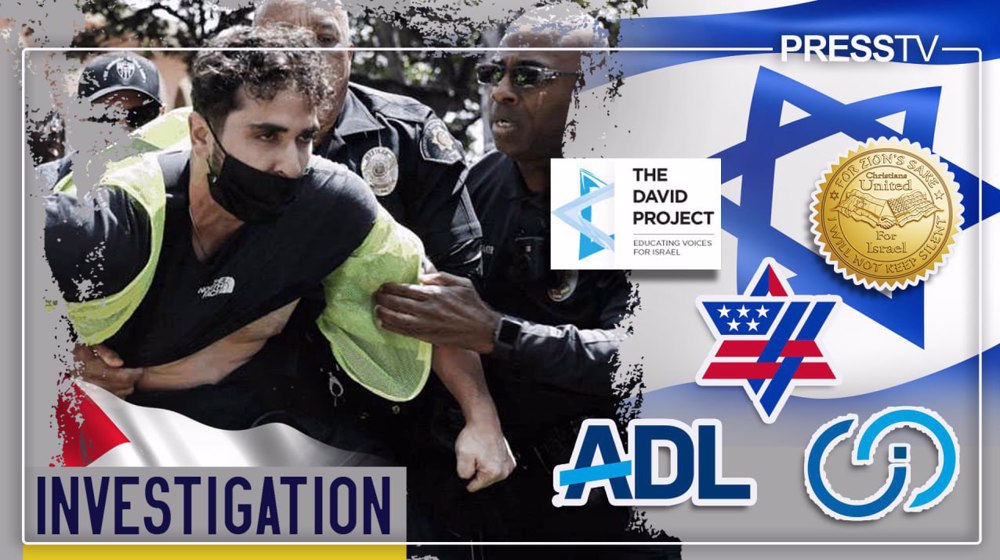The origins of the Israeli lobby’s influence can be traced to the late 1970s when the American-Israel Public Affairs Committee (AIPAC) monitored campus activities and trained young advocates for Israel.
AIPAC, along with the Anti-Defamation League (ADL), also recruited students to help them identify professors and campus organizations with anti-Israel positions, which they would document in dossiers and then systematically slander in their publications.
Toward the end of the 20th century, these lobby groups did not pay much attention to shaping the discussion at universities because the Oslo peace process was underway, with little violence in the occupied territories, and consequently with less criticism of the Israeli regime’s policies.
However, at the beginning of the new century when peace negotiations failed, the extremists led by Ariel Sharon took the helm of the Israeli regime and the Second Intifada ensued, the criticism at higher education institutions in the United States became much stronger and more intense.
The Israeli lobby, exerting considerable influence, responded with an aggressive attempt to “take back the campuses,” and the most important organization in that campaign was once again AIPAC, which more than tripled its spending on pro-Israel college programs.
According to AIPAC leadership at the time, these funds were intended to significantly expand the number of students involved in activities in favor of the Israeli regime on campuses, their competence, and their involvement in the national pro-Israel effort.
Hundreds of students were sent to AIPAC all-expenses-paid courses in Washington DC where they received intensive advocacy training, and they were instructed to concentrate on networking with campus leaders of all kinds and winning them over to promote the regime’s cause.
The multi-year campaign resulted in annual AIPAC Policy Conferences being attended by over 1,200 students from 400 colleges and universities across the US, including 150 student body presidents.
Simultaneously, this campaign to cultivate students has been accompanied by efforts to influence university faculty and hiring practices.
In addition to AIPAC, other pro-Israel lobby groups have also been involved in pro-Israel campaigns at American universities, notably the Israel on Campus Coalition (ICC), an umbrella organization for the coordination of 26 different Zionist groups in US universities.
Although the ICC is not registered under the required Foreign Agent Registration Act, its leadership admitted that they have close ties and coordinate actions with Israel’s ministry of strategic affairs.
The Jewish Council for Public Affairs (JCPA) likewise initiated a series of advocacy training sessions for college students with the aim of defending the Israeli regime on their campuses.
A similar role was played by the David Project (TDP), which partnered with Christians United for Israel (CUFI), organizing training programs for students to agitate for Zionism.
The founder of the David Project was an Islamophobe who advocated banning the construction of mosques on American soil and co-founder of CAMERA, another Zionist group involved in smearing pro-Palestinian students on campuses.
New groups also emerged, such as the Caravan for Democracy (CFD), which brought Israeli settlers to speak at American universities, promoting the farce of Israel as “the only democracy in the region.”
The website Campus Watch, an affiliate of the Middle East Forum (MEF), was also established, whose dossiers continued AIPAC’s tradition of publicly defaming all campus critics of Israeli politics.
Press TV website in July 2023 published an investigation on how the Middle East Forum has shaped into a hardline Zionist and anti-Muslim think tank, founded by Daniel Pipes in 1990.
Its website stated that its mission is to “promote American interests in the Middle East (West Asia) and protect Western values from Middle Eastern threats”, secretly serving the Zionist agenda.


